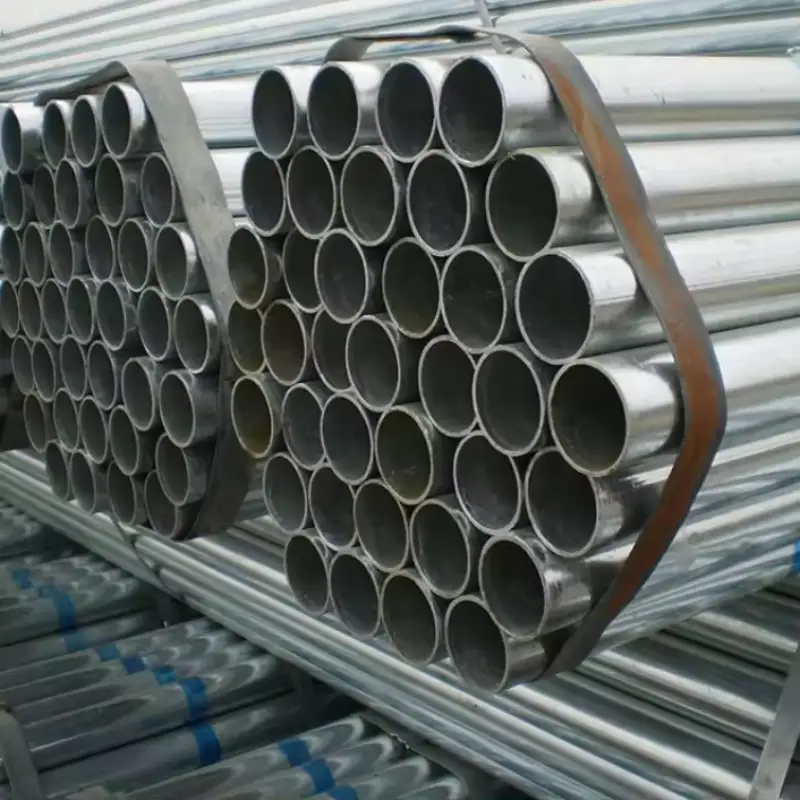The thickness of the zinc layer on a galvanized pipe significantly influences its performance, especially its longevity and resistance to corrosion.
-
Corrosion Resistance: The primary purpose of galvanizing is to protect the steel pipe from rust and other types of corrosion. The thicker the zinc layer, the more resistant the pipe will be to corrosive elements. This is due to the fact that zinc sacrifices itself by corroding first before the steel does, thus providing a layer of protection to the steel pipe.
-
Durability: A thicker layer of zinc means a longer lifespan for the pipe. It increases the time it takes for the zinc to completely corrode, thus exposing the underlying steel.
-
Performance in Different Environments: A pipe with a thicker zinc layer performs better in harsh environments, especially those with high humidity or salinity, such as coastal areas.
-
Surface Smoothness: A thicker zinc layer may impact the surface smoothness of the pipe. 20 Foot 2 Inch Galvanized Pipe Factory A smoother pipe reduces friction and increases the efficiency of fluid flow.
However, there is a balance to be found. Too thick of a coating could lead to ‘flaking’ off of zinc over time due to mechanical pressure or impacts, which could expose the underlying steel. Hence, it’s important that the galvanization process is controlled to achieve the optimal thickness for the specific application of the pipe.


Leave a Reply